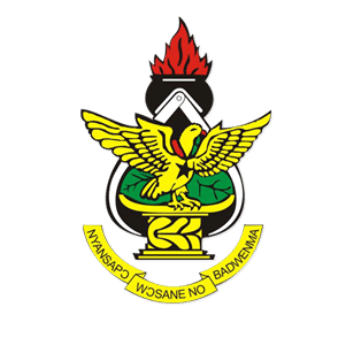KNUST make strong progress in flying robot technology
 The Kwame Nkrumah University of Science and Technology (KNUST) is making strong progress in the use of the flying robot technology to aid the growth of the nation’s agriculture.
The Kwame Nkrumah University of Science and Technology (KNUST) is making strong progress in the use of the flying robot technology to aid the growth of the nation’s agriculture.
Its College of Engineering (CoE) has developed a home-made drone, which could be deployed to pick weather data, monitor farming activities and environmental degradation.
The device could also serve other vital purposes – for security and atmospheric research.
It was developed by a team of research scientists and engineers of the college and seen as a giant step forward by the country’s foremost science and technology institution to lead cutting-edge research to solve Ghana’s industrial and technological challenges.
Professor Mark Adom-Asamoah, Provost of the College, told the Ghana News Agency (GNA), in Kumasi, that successful tests of the unmanned flying aircraft had been run.
The device had so far been used to monitor the concentration of e-waste at the Agbogbloshie Market in Accra.
Interest in drone technology, innovations and scientific developments had heightened for some time now, bringing a thrilling wave of novel uses for the device from saving lives to protecting the ecology.
Price Waterhouse Coopers (PwC) estimates that the global market for commercial application of drone technology is expected to balloon to as much as £127 billion by year 2020, up from the current £2 billion.
The National Aeronautics and Space Administration (NASA) reportedly, is working to develop a drone for monitoring dangerous weather – hurricane and severe storm sentinel, a device capable of studying the storm from above, closer than any piloted aircraft could safely attempt.
Prof. Adom-Asamoah indicated that research scientists of the college, were determined to come out with appropriate technology to speed up the development of the country.
It had in recent times, pioneered research into the development of open space fire detector – the first of its kind globally, ‘SMART’ door, portable biogas system, solar-powered traffic lights to clean energy technology.
The Provost called for the government to give priority to investing in drone technology.
Drones are becoming the eyes and ears of scientists – used for surveying the ground for archeological sites, signs of illegal hunting and crop damage.
Source: GNA
